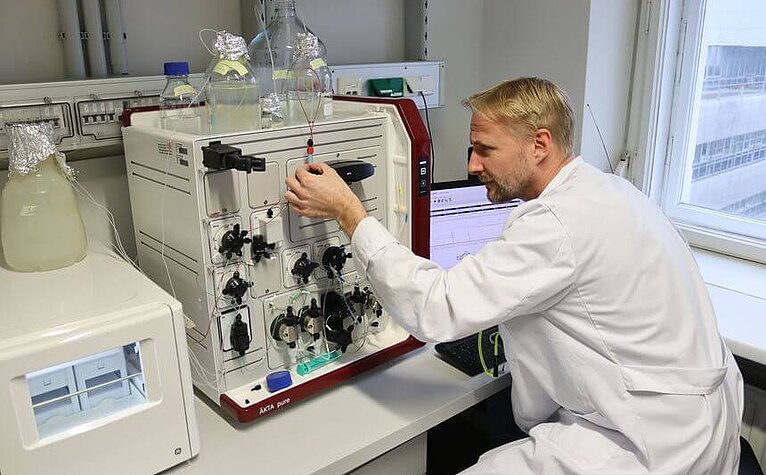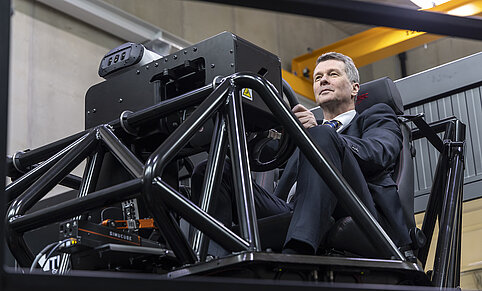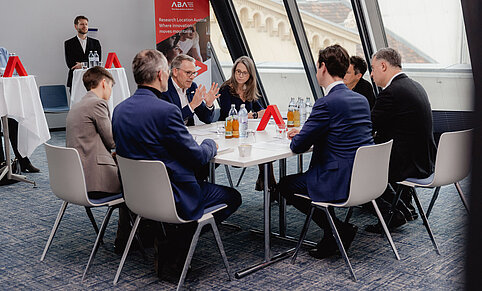 © Vienna University of Technology
© Vienna University of Technology
- Research & development
New CD laboratory: Correctly folding proteins
22. March 2023Certain proteins are considered to be among the most important products of the pharmaceutical industry, for example insulin and interferons, which are used to treat diabetes, cancer or viral diseases. However, when such proteins are artificially produced, a problem often arises, namely that they are initially folded incorrectly. Instead of a functional protein, a so-called "inclusion body" is formed that has to be brought into the correct shape within the context of complicated and expensive steps.
A new Christian Doppler Laboratory has now been opened at the Vienna University of Technology, with the support of the corporate partner Boehringer Ingelheim RCV and the Federal Ministry of Labour and Economy. Research is now being carried out there on how the inclusion bodies can be most efficiently brought into the right shape. The goal of the new Christian Doppler (CD) Laboratory is to produce these proteins in a more targeted, efficient and environmentally sustainable manner, and thus to enable shorter development times, more environmentally friendly processes and less expensive medicines.
First, the amino acid chains trapped in these inclusion bodies have to be rearranged. To do this, the inclusion body is untangled with chemicals, which is very similar to unwinding a ball of wool into a straight thread. In the next process step, the protein folds up again and can take on its final, correct, and medically desired shape. "This technique plays an important role in the pharmaceutical industry," says Prof. Oliver Spadiut. He and his team want to precisely analyse the path from the inclusion body to the functional protein, create a so-called "digital twin" of this process on the computer and, in this way, find out how to optimally control the process.
- Read more about Austrias life sciences sector.


